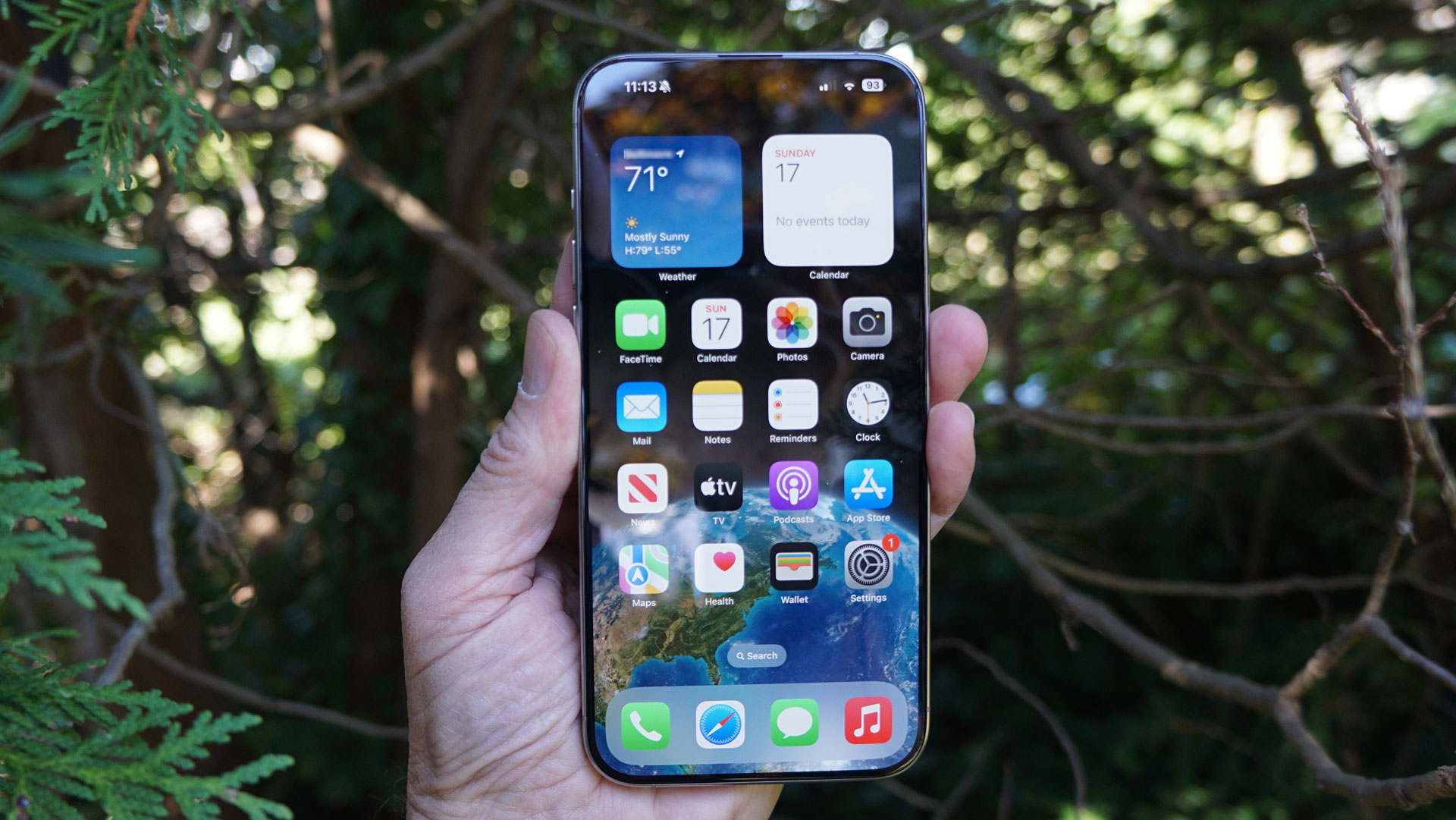The Apple vs. DOJ case is gonna spill some secrets, and I am here for it
How many iPhones is that?

The US Department of Justice’s antitrust case against Apple is not strong, and I still don’t believe the iPhone business rises to the level of a smartphone monopoly, but if Apple fails to get the case dismissed there is the tantalizing possibility that Apple will have to reveal much it likes to keep secret or obscured.
In a recent call where Apple once again outlined all the ways the DoJ fails to prove Apple’s iPhone business is a monopoly, the company told us that the government’s argument is misleading because, in its measure of Apple’s share of the “performance smartphone” (read more expensive phones) business, they’re relying on revenue numbers as opposed to units sold.
It's true, the DOJ’s complaint makes at least 27 references to “revenue” for the iPhone, Apple Watch, and various other parts of Apple’s business and zero references to “units” or “units sold.”
“The iPhone, Apple’s signature product, is the primary driver of Apple’s growth and profitability, routinely commanding profit margins of more than 30 percent on devices alone—significantly higher than its smartphone competitors. iPhone sales have made up a majority of Apple’s annual revenue every year since 2012.”
A matter of sales
By any measure, this is accurate. Apple’s iPhone business is a cash cow. However, when Apple spoke of how the DOJ got it wrong, it implied that a better way to look at its business is through how many iPhones it sold, since that might provide a more accurate market share comparison.
I noted to Apple that, to my recollection, the company has not reported iPhone units sold in years. If the case proceeded, I assume Apple would have to explain that contention by offering a detailed account of iPhone units sold.
Apple agreed and assumes that if it fails to get the case tossed it will do exactly that.
Sign up for breaking news, reviews, opinion, top tech deals, and more.
This point of view, though, is surprising. Back in 2018, when Apple announced it would no longer report iPhone units sold during its quarterly earnings reports (or at any other time), Apple CFO Luca Maestri characterized the decision by saying the “number of units sold in a quarter is not representative of underlying state of business.”
In other words, when Apple decided to stop telling us exactly how many iPhones, iPads, Apple Watches, and Macs it was selling on a unit basis, it was because it didn’t think that data painted the clearest picture of its business.
Granted, Apple rarely broke iPhone sales down into useful bits, like how many iPhone 8 versus iPhone 8 Plus it sold. It never gave us details that revealed the iPhone 13 mini was a dud. At best, every now and then, Apple CEO Tim Cook will drop a tidbit about how the iPhone 12 was once its most popular iPhone.
There is a good chance that Apple will be forced to share that level of detail and much more, as this case goes on. We will get not only iPhone unit sales numbers but maybe also how many iPhone 15 handsets sold versus the pricier and more powerful iPhone 15 Pro.
Get ready for reveals
According to Apple circa 2024, this is the best way to judge Apple’s market dominance (or lack thereof). Obviously, if you were to ask the same question of Apple circa 2018, you might get a different answer.
What these numbers should show, though, is how Apple can make far more revenue than competitors while selling comparatively fewer phones (and maybe owning less market share than the DOJ thinks).
Apple’s products are generally more expensive and usually don’t get the vast discounts competitors like Samsung offer. When Samsung released its pricey Samsung Galaxy Z Fold 5, I counseled readers to shop around because there was little chance they’d actually have to pay the full $1,799 price.
iPhone unit sales data will probably also show conclusively that Apple’s most expensive phone, the iPhone 15 Pro Max, is its most popular and accounts for the lion’s share of iPhone revenue.
Beyond iPhone, Apple Watch, Mac, and iPad unit sales data, I expect this discovery could reveal much about how Apple works with and treats major partners. We’ll probably learn who it pays to license key technologies and how much. We’ll learn which services have the most subscribers and make the most money.
Apple, a company that prizes its secrecy like few others, will be revealing much, and I bet it will be happy to do so if it proves its case, even if that process contradicts what Apple told us in the past.
You might also like

A 38-year industry veteran and award-winning journalist, Lance has covered technology since PCs were the size of suitcases and “on line” meant “waiting.” He’s a former Lifewire Editor-in-Chief, Mashable Editor-in-Chief, and, before that, Editor in Chief of PCMag.com and Senior Vice President of Content for Ziff Davis, Inc. He also wrote a popular, weekly tech column for Medium called The Upgrade.
Lance Ulanoff makes frequent appearances on national, international, and local news programs including Live with Kelly and Mark, the Today Show, Good Morning America, CNBC, CNN, and the BBC.